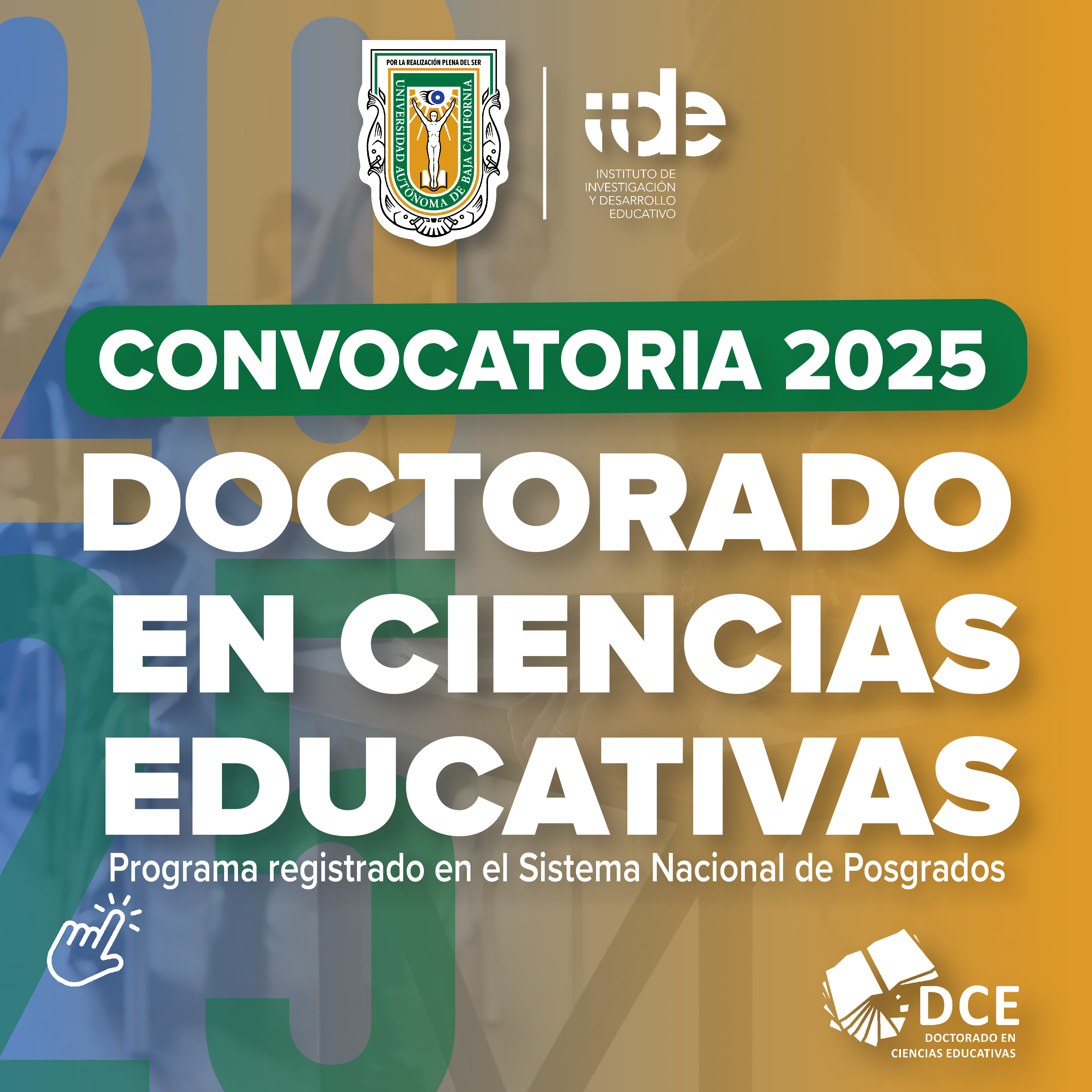Aplicaciones de la cibernética en la detección temprana de problemas de enseñanza en el sistema educativo chileno
Palavras-chave:
Mejoramiento de la enseñanza, administración de calidad total, cibernética, sistemas de información para administración.Resumo
Postulamos que para evitar la pérdida de oportunidades de aprendizaje, es deseable y factible desarrollar un sistema de detección de problemas durante los procesos de enseñanza. Nos basamos en dos disciplinas. Desde la cibernética, tomamos la idea del sistema lógicamente autorreferencial que se ajusta autónomamente y es análogo al modelo del sistema viable de Beer. Desde las teorías de aprendizaje, presentamos un enfoque de aprendizaje-acción que distingue varios ciclos jerárquicos. Distinguimos dos horizontes de tiempo: uno, el de cursos que se concentran las mejoras entre dos versiones del mismo; el otro, se ocupa de mejorar los procesos durante la realización de un curso. A este nivel, diferenciamos entre el alumno, el grupo de alumnos y el docente como posibles fuentes de desequilibrios. El proceso general de tres ciclos propone indicadores para la detección temprana de problemas; además ha mostrado una capacidad de autoajuste y es sujeto de investigaciones ulteriores. La experiencia se ha desarrollado en el contexto de la capacitación asociada a la Red ENLACES que la Universidad de Talca ofrece a docentes de escuelas y liceos municipales y particulares subvencionados en el uso de computadoras en la Región del Maule, Chile.Downloads
Os dados de download ainda não estão disponíveis.
Referências
Argyris, C. (1993). Knowledge for action: a guide to overcoming barriers to organizational change. San Francisco: Jossey-Bass.
Bateson, G. (1990). Vers une écologie de l\\\'esprit. Paris: Editions du Seul.
Beer, S. (1981). Brain of the firm (2ª ed.). Chichester: John Wiley.
Bohm, D. (1980). Wholeness and the implicate order. Londres: Routledge.
Foerster, H. von y Glaserfeld, E. von. (1999). Wie wir uns selbst erfinden. Heidelberg: Carl Auer Systeme.
Forrester, J. W. (1994). Policies, decisions and information sources for modeling. En J. D. W. Morecroft y J. D. Sterman (Eds.), Modeling for learning organizations (pp.51-84). Portland, OR: Productivity Press.
Heidegger, M. (1993). Sein und zeit (17ª. ed). Tübingen: Max Niemeier.
Kolb, D. (1984). Experiential learning. Englewood Cliffs, NJ: Prentice Hall.
Martínez, J. (1998). La investigación cualitativa etnológica en educación. México: Trillas.
Maturana, H. (1997). La objetividad: un argumento para obligar. Santiago de Chile: Dolmen.
Oppenheimer, R. (1954). Science and the common understanding. Nueva York: Simon and Schuster.
Schaffernicht, M. (2001, julio). A method for managing organizational learning, proceedings. Trabajo presentado en la World Multiconference on Systemics, Cybernetics and Informatics, Orlando, Florida.
Weick, K. (1991). The nontraditional quality of organizational learning. Organization science, 2 (1), 116-124.
Wiener, N. (1958). Cibernética y sociedad. Buenos Aires: Sudamericana (Trabajo original publicado en 1950).
Bateson, G. (1990). Vers une écologie de l\\\'esprit. Paris: Editions du Seul.
Beer, S. (1981). Brain of the firm (2ª ed.). Chichester: John Wiley.
Bohm, D. (1980). Wholeness and the implicate order. Londres: Routledge.
Foerster, H. von y Glaserfeld, E. von. (1999). Wie wir uns selbst erfinden. Heidelberg: Carl Auer Systeme.
Forrester, J. W. (1994). Policies, decisions and information sources for modeling. En J. D. W. Morecroft y J. D. Sterman (Eds.), Modeling for learning organizations (pp.51-84). Portland, OR: Productivity Press.
Heidegger, M. (1993). Sein und zeit (17ª. ed). Tübingen: Max Niemeier.
Kolb, D. (1984). Experiential learning. Englewood Cliffs, NJ: Prentice Hall.
Martínez, J. (1998). La investigación cualitativa etnológica en educación. México: Trillas.
Maturana, H. (1997). La objetividad: un argumento para obligar. Santiago de Chile: Dolmen.
Oppenheimer, R. (1954). Science and the common understanding. Nueva York: Simon and Schuster.
Schaffernicht, M. (2001, julio). A method for managing organizational learning, proceedings. Trabajo presentado en la World Multiconference on Systemics, Cybernetics and Informatics, Orlando, Florida.
Weick, K. (1991). The nontraditional quality of organizational learning. Organization science, 2 (1), 116-124.
Wiener, N. (1958). Cibernética y sociedad. Buenos Aires: Sudamericana (Trabajo original publicado en 1950).
Downloads
-
HTML
-
PDF
-
HTML
-
PDFINGLÊS 171
Visitas à página de resumo do artigo: 1166
Publicado
2002-11-01






